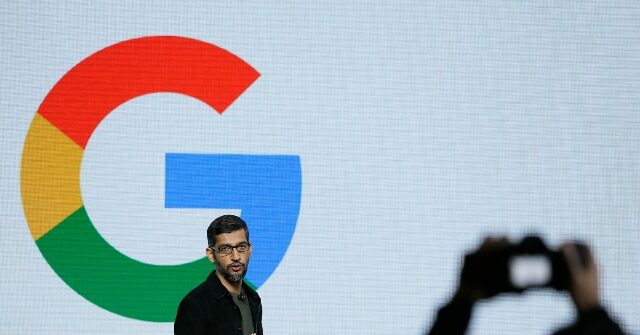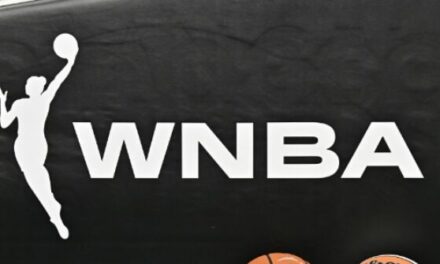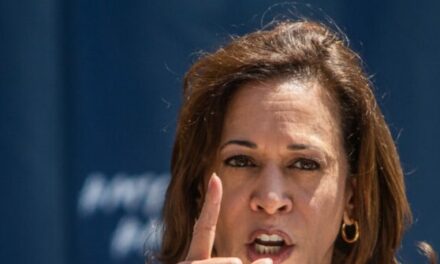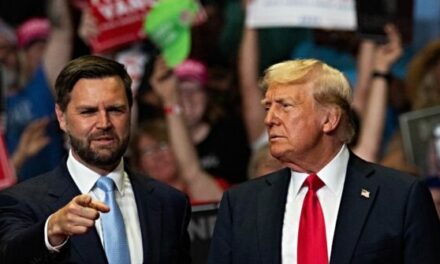We support our Publishers and Content Creators. You can view this story on their website by CLICKING HERE.

An expert witness called by Google in its ongoing antitrust trial has asserted that the tech giant does not hold monopoly power over the advertising market, contradicting claims made by the DOJ.
Courthouse News Service reports that on Thursday during the high-stakes antitrust trial against Google, Mark Israel, an economist and president of consulting firm Compass Lexecon, took the stand to defend the tech giant against accusations of monopolistic practices in the advertising industry. Called as an expert witness by Google’s legal team, Israel firmly stated, “Google does not have monopoly power. It is not in a position to dictate the market.”
Israel’s testimony directly challenges the core argument put forth by the U.S. Department of Justice, which alleges that Google has engaged in a systematic campaign to seize control of the ad tech industry, stifling competition and harming publishers, advertisers, and brokers in the process. The DOJ contends that by 2015, Google’s publisher ad server had reached a staggering 90 percent market share, effectively breaking competition in the ad tech space.
According to the DOJ, dominating the ad tech market was the company’s goal from the beginning. Breitbart News previously reported on executives boasting about their plans to crush competitors:
According to documents reviewed in court, David Rosenblatt, Google’s former president of display advertising, told co-workers in 2009 that the company’s goal for its growing online advertising business was to “crush” rivals in the digital ad market. “We’ll be able to crush the other networks and that’s our goal,” Rosenblatt said.
The Justice Department argues that Google operates a “trifecta of monopolies” through its control of tools on both the buy and sell side of digital ad deals, as well as the marketplace that connects businesses to advertisers. The complaint alleges that Google drains more than a third of every dollar spent through its ad platforms.
However, Israel disputed the government’s assertions, particularly taking issue with how the DOJ defined the relevant market. He argued that the case fails to consider the impact of formidable competitors such as Mark Zuckerberg’s Meta, Amazon, and other social media websites and apps, which he believes provide important alternatives for advertisers.
Throughout the trial, Google’s legal team has presented witnesses from various websites who claim to work with multiple ad exchanges and are not compelled to use Google’s ad suite exclusively. Israel used this evidence to support his argument that the market remains robust and competitive.
During cross-examination, a government attorney questioned Israel about whether the advertising tools offered by platforms like Facebook or TikTok could adequately meet the display-advertisement needs of publishers such as the New York Times. Israel conceded that they “probably not.”
The prosecution also raised doubts about Israel’s credibility, citing a previous case in federal trial in Massachusetts where the presiding judge had criticized Israel’s testimony, stating that he “demonstrated a misunderstanding and misapplication of antitrust concepts” and had “rendered opinions based on false assumptions.”
Read more at Courthouse News Service here.
Lucas Nolan is a reporter for Breitbart News covering issues of free speech and online censorship.

 Conservative
Conservative  Search
Search Trending
Trending Current News
Current News 







